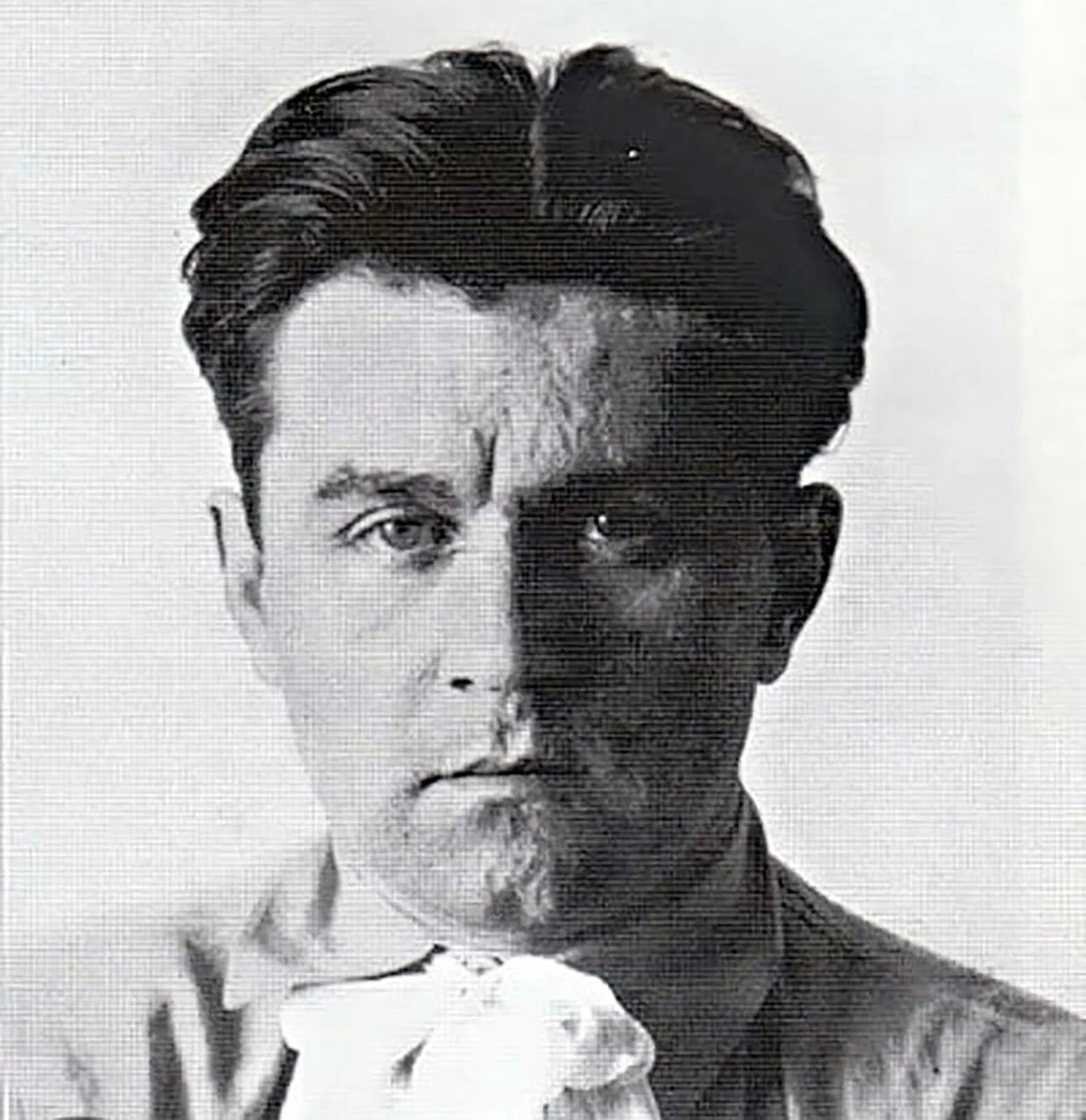
Kazimir Malevich

Kazimir Severinovich Malevich, born in 1879 in Kyiv (Ukraine), is recognized as one of the pioneers of abstract art and the founder of Suprematism. This movement, characterized by simple geometric forms and a focus on the purity of art, sought to transcend objective reality. Influenced by Futurism and Cubism, Malevich developed a new aesthetic that prioritized color and form over figurative representation.
His most iconic work, "Black Square," from 1915, marked a milestone in art history, establishing a new visual paradigm. This piece symbolizes the zero degree of painting, stripping it of all references to the tangible world. Besides his influence on abstract art, Malevich also impacted Constructivism, a movement that advocated for a union between art and everyday life.
László Moholy-Nagy and El Lissitzky, two prominent artists of constructivism, were deeply influenced by Malevich. Both adopted his geometric approach and his interest in the relationship between art and technology. Malevich, in addition to his work as a painter, devoted himself to teaching and art theory, contributing to the expansion of his ideas.
Throughout his career, Malevich also explored architectural design, proposing building models based on suprematist forms. Despite the restrictions imposed by the Soviet regime in the 1930s, which promoted socialist realism, his legacy endured, inspiring generations of artists and art theorists.


